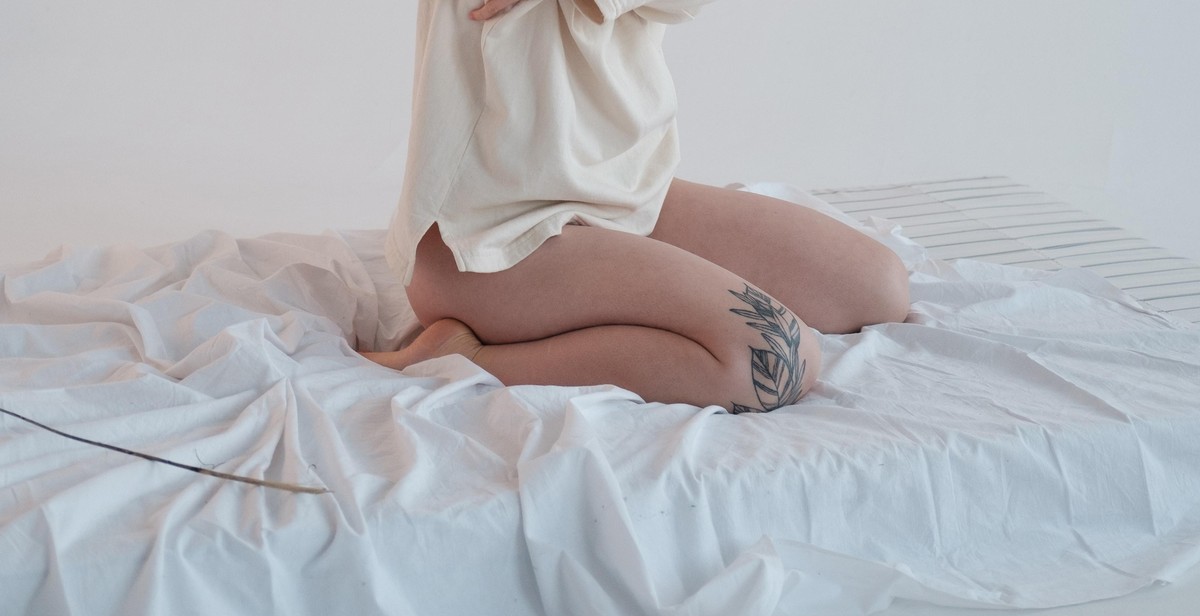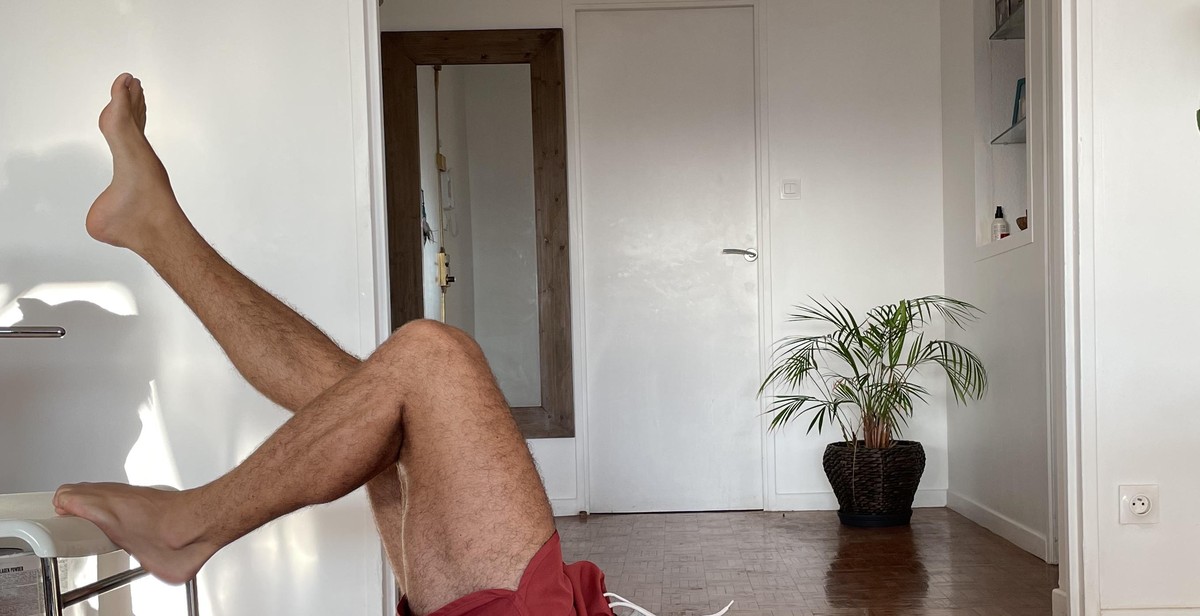Introduction
Postpartum depression (PPD) is a common mental health disorder that affects women after giving birth. It is estimated that up to 15% of women experience PPD, and it can last for several months or even years if left untreated. PPD can cause a range of symptoms including sadness, anxiety, irritability, and fatigue, which can make it difficult for new mothers to care for themselves and their babies.
While there are many treatment options available for PPD, such as therapy and medication, meditation has emerged as a popular complementary therapy for reducing symptoms. Meditation is a practice that involves training the mind to focus and achieve a state of calm and relaxation. It has been shown to be effective in reducing stress, anxiety, and depression in various populations, including new mothers.
In this article, we will explore how meditation can be used as a tool for reducing symptoms of PPD. We will discuss the benefits of meditation, different types of meditation techniques, and how to incorporate meditation into your daily routine. By the end of this article, you will have a better understanding of how to use meditation to improve your mental health and well-being as a new mother.

The Science Behind Meditation and Postpartum Depression
Postpartum depression (PPD) is a common mental health condition experienced by women after giving birth. It is estimated that about 1 in 7 women experience PPD.
The good news is that meditation has been shown to be an effective tool for reducing symptoms of PPD. Studies have found that meditation can help reduce anxiety, depression, and stress levels in new mothers.
One of the reasons why meditation is effective for PPD is because it helps regulate the nervous system. PPD is often caused by hormonal changes and stress, which can lead to an imbalanced nervous system. Meditation helps to bring balance back to the nervous system, reducing symptoms of PPD.
Benefits of Meditation for Postpartum Depression
There are many benefits of meditation for women who are experiencing PPD. Some of these benefits include:
- Reduced anxiety and depression
- Better sleep
- Improved mood
- Reduced stress levels
- Increased feelings of calm and relaxation
Meditation can also help new mothers feel more connected to their babies and feel more confident in their ability to care for them.
Meditation Techniques for Postpartum Depression
There are many different meditation techniques that can be used to reduce symptoms of PPD. Some of the most effective techniques include:
- Mindfulness meditation: This involves focusing on the present moment and being aware of your thoughts and feelings without judgment.
- Loving-kindness meditation: This involves sending feelings of compassion and love to yourself and others.
- Breathing meditation: This involves focusing on your breath and using it as an anchor for your thoughts and feelings.
It’s important to note that meditation is not a substitute for professional help. Women who are experiencing severe symptoms of PPD should seek the help of a mental health professional.
| Technique | Benefits |
|---|---|
| Mindfulness meditation | Reduced anxiety and depression |
| Loving-kindness meditation | Increased feelings of compassion and love |
| Breathing meditation | Increased feelings of calm and relaxation |
In summary, meditation is a powerful tool for reducing symptoms of postpartum depression. By regulating the nervous system and reducing stress levels, meditation can help new mothers feel more calm, relaxed, and connected to their babies. Mindfulness, loving-kindness, and breathing meditations are all effective techniques for reducing symptoms of PPD.

Creating a Meditation Practice
Meditation is a powerful tool for reducing symptoms of postpartum depression. But creating a meditation practice can seem daunting, especially for new mothers. Here are some tips for finding time to meditate, creating a comfortable meditation space, and enhancing your meditation with breathing exercises.
Finding Time to Meditate
As a new mother, finding time to meditate might seem impossible. But even just a few minutes of meditation each day can make a big difference in reducing symptoms of postpartum depression. One way to find time to meditate is to wake up a few minutes earlier than your baby. This can be a peaceful time to practice meditation before the chaos of the day begins. Another option is to meditate during your baby’s naptime. This can be a great way to recharge and refocus during the day.
Creating a Comfortable Meditation Space
Creating a comfortable meditation space can help you feel more relaxed and focused during your practice. Find a quiet space in your home where you can sit comfortably without distractions. You can enhance the space with candles, incense, or soothing music. It’s also important to wear comfortable clothing and remove any tight or restrictive clothing that might hinder your breathing.
Breathing Exercises to Enhance Meditation
Breathing exercises can enhance your meditation practice by helping you relax and focus. One simple breathing exercise is to inhale for four counts, hold for four counts, exhale for four counts, and hold for four counts. Repeat this exercise for a few minutes at the beginning of your meditation practice to help calm your mind and body.
- Inhale for four counts
- Hold for four counts
- Exhale for four counts
- Hold for four counts
Another breathing exercise is to focus on your breath and count each inhale and exhale. Start with one and count up to ten, then start over. If your mind wanders, simply start again at one. This exercise can help you stay focused and present during your meditation practice.
| Breathing Exercise | Instructions |
|---|---|
| Inhale, Hold, Exhale, Hold | Inhale for four counts, hold for four counts, exhale for four counts, hold for four counts. Repeat for a few minutes. |
| Counting Breath | Focus on your breath and count each inhale and exhale up to ten. Start over if your mind wanders. |
By finding time to meditate, creating a comfortable meditation space, and enhancing your practice with breathing exercises, you can begin to reduce symptoms of postpartum depression and find peace and relaxation in your daily life.

Additional Strategies for Managing Postpartum Depression
While meditation can be a helpful tool in reducing symptoms of postpartum depression, it is important to use it in conjunction with other strategies for managing the condition. Here are some additional strategies to consider:
Seeking Professional Help
If you are experiencing symptoms of postpartum depression, it is important to seek professional help. This may include talking to your doctor, a therapist, or a psychiatrist. They can help you develop a treatment plan that may include medication, therapy, or other interventions.
Support Groups and Peer Support
Joining a support group or seeking peer support can be a helpful way to connect with others who are experiencing similar challenges. This can provide a sense of community and help alleviate feelings of isolation. There are many online and in-person support groups available for individuals with postpartum depression.
Self-Care Practices
Self-care practices can also be helpful in managing postpartum depression. This may include getting enough sleep, eating a healthy diet, getting regular exercise, and engaging in activities that bring you joy. It is important to prioritize your own well-being and make time for self-care.
| Self-Care Practice | Description |
|---|---|
| Getting Enough Sleep | Try to get at least 7-8 hours of sleep each night. If possible, take naps during the day. |
| Eating a Healthy Diet | Eat a balanced diet with plenty of fruits, vegetables, whole grains, and lean proteins. Avoid processed and sugary foods. |
| Getting Regular Exercise | Try to get at least 30 minutes of exercise most days of the week. This can include walking, yoga, or other low-impact activities. |
| Engaging in Activities that Bring You Joy | Make time for activities that you enjoy, such as reading, listening to music, or spending time with loved ones. |
Conclusion
By using a combination of strategies, including meditation, seeking professional help, joining a support group, and practicing self-care, individuals with postpartum depression can effectively manage their symptoms and improve their overall well-being.

Conclusion
Postpartum depression is a serious mental health condition that affects many new mothers. While there are various treatments available, meditation has been shown to be an effective way to reduce symptoms of postpartum depression. By practicing mindfulness meditation, new mothers can learn to regulate their emotions, reduce stress and anxiety, and improve their overall well-being.
It’s important to remember that meditation is not a substitute for professional medical treatment. If you’re experiencing symptoms of postpartum depression, it’s crucial to seek help from a qualified healthcare provider. However, incorporating meditation into your treatment plan can be a helpful complementary strategy.
To get started with meditation, find a quiet and comfortable place where you won’t be disturbed. Set aside a regular time each day to practice, even if it’s just for a few minutes. There are many guided meditation apps and resources available online that can help you get started.
Remember that meditation is a skill that takes time and practice to develop. Be patient with yourself and don’t get discouraged if you don’t see results right away. With consistent practice, you can learn to use meditation as a tool to reduce symptoms of postpartum depression and improve your overall mental health and well-being.
- Find a quiet and comfortable place where you won’t be disturbed
- Set aside a regular time each day to practice, even if it’s just for a few minutes
- Use guided meditation apps and resources available online to help you get started
- Be patient with yourself and don’t get discouraged if you don’t see results right away
Remember that meditation is a skill that takes time and practice to develop. Be patient with yourself and don’t get discouraged if you don’t see results right away. With consistent practice, you can learn to use meditation as a tool to reduce symptoms of postpartum depression and improve your overall mental health and well-being.
| Pros | Cons |
|---|---|
| Effective way to reduce symptoms of postpartum depression | Not a substitute for professional medical treatment |
| Can be practiced at home, at any time | May take time and practice to see results |
| No side effects | May not be suitable for everyone |
